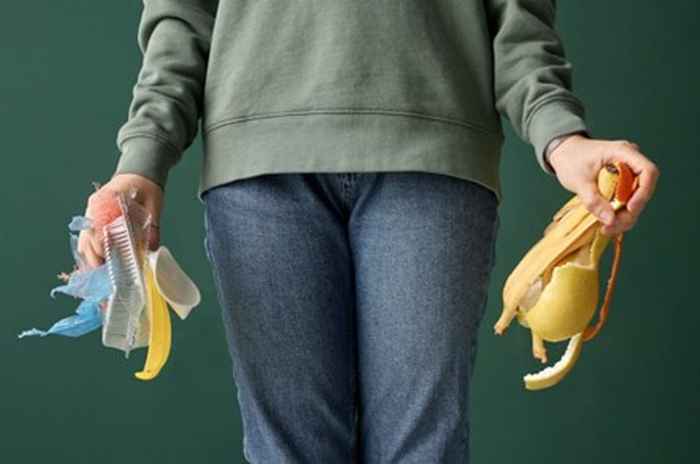Honoursmodule: Our Systemic Relation to Nature – Tackling Societal Issues (6EC)
This course begins with the premise that fundamental changes in our relationship with the world are essential to addressing today’s global challenges. Human impact on the planet has never been more significant. Scientists have labeled this era the Anthropocene Epoch, recognizing that human activity has become the dominant force shaping life on Earth.

We have positioned ourselves outside the systems we depend on, creating an unsustainable relationship with nature. While environmental changes have always occurred, today’s extinction rate is 100 times higher than natural baselines, signaling a deep imbalance.
In this course, we explore the foundations of our relationship with nature—how it is defined, its consequences, and possible alternatives. Together, we will examine how we arrived at this point, analyze our current approach, and explore existing solutions proposed by organizations, companies, and movements. We will also consider which paths should be continued in the future.
By the end of the course, students will have developed a broader perspective on humanity’s connection to nature and gained an introduction to systems thinking. They will also understand the importance of an interdisciplinary approach to sustainability. In the final week, students will apply their learning in a group assignment.
Coordinator
Martin Clemens Villa
Timetable
All lectures will take place on-campus and we assume you can be physically present during the scheduled hours. You can find the timetable on Datanose.
Registration
Registration is possible for students participating in an Honours programme. The registration period for the Honours courses will be from June 6, 10:00 am to June 10, 11.59 pm. You can register through the online registration form that will appear on Honoursmodules IIS. (registration is NOT through SIS)
Please note: Placement is not guaranteed if you register after June 10, so make sure you register on time. You will hear which course(s) you are registered for before the end of June.
For questions about registration, please contact us at: honours-iis@uva.nl.
- Mode
- Honours programme
- Credits
- 6 ECTS,
- Language of instruction
- English
- Starts in
- September